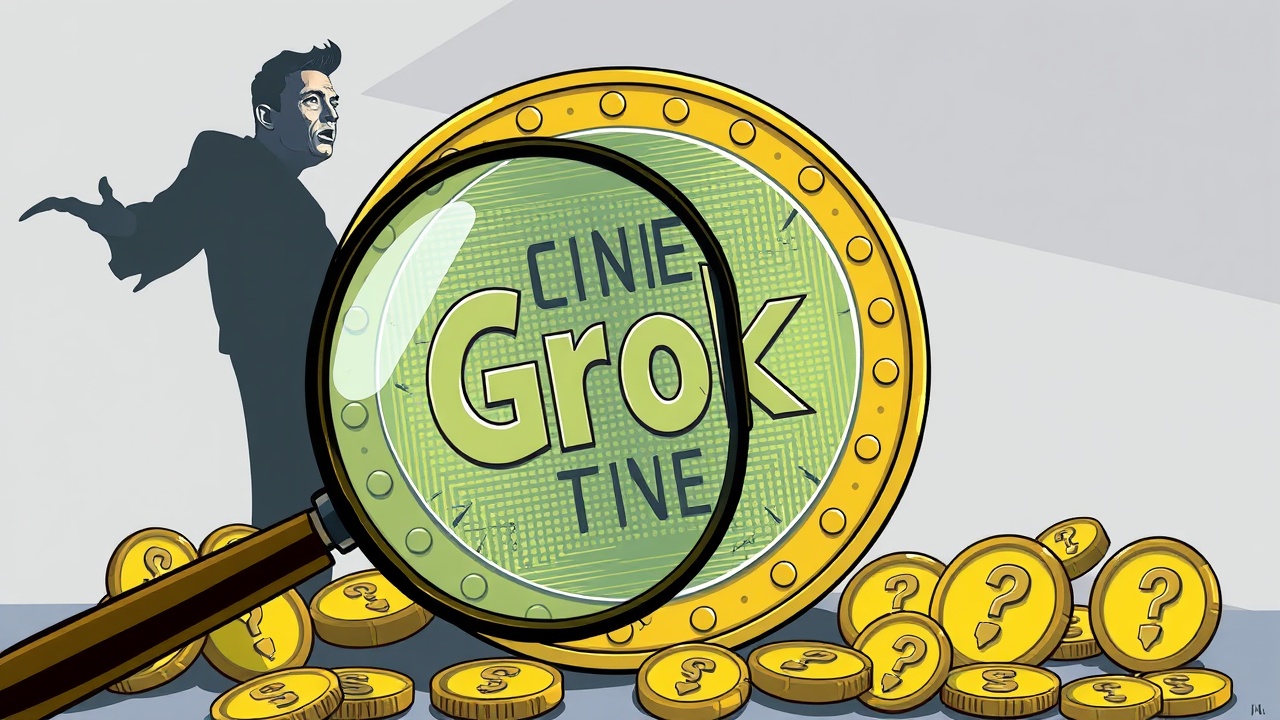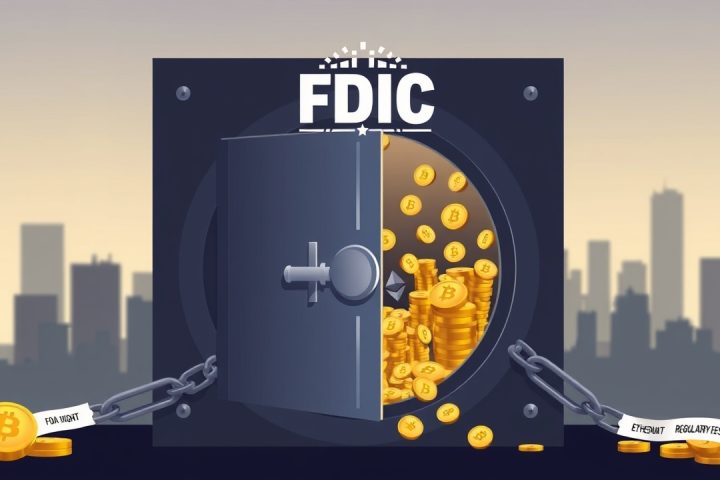Fraudulent Cryptocurrency Tokens and the Rise of Scams
In a troubling trend, fraudsters are leveraging the buzz surrounding Elon Musk’s Grok AI chatbot to launch fake cryptocurrency tokens, raising alarms among investors and security experts alike. Recently, a wallet associated with Changpeng “CZ” Zhao, the former CEO of Binance, was found to have received a staggering 90 million counterfeit Grok (GROK) tokens on April 21. This alert was issued by PeckShield, a firm specializing in blockchain security, which indicated that the distribution of these tokens was likely part of a scam, as they were disseminated to numerous addresses using a method known as multisend.
Official Stance on Grok Tokens
It’s important to note that Grok, integrated with the X platform, does not have an official cryptocurrency and has no current initiatives to introduce one. This is not the first instance of fraudulent Grok tokens surfacing; a similar scheme was reported in 2023 when an ERC-20 token labeled Grok was launched on the Ethereum network. After the token deployer liquidated 0.5% of its total supply, the value plummeted by over 90%, as documented by Bubblemaps, a blockchain data visualization service.
Exploitation of Reputable Brands
Scammers frequently exploit the reputations of well-known brands, public figures, and social media platforms to build false credibility with their targets. A study by email security provider Mailsuite revealed that Meta was the most imitation brand in phishing incidents throughout 2024, with scammers targeting it over 25 times more frequently than Coinbase, the leading crypto exchange.
Alarming Incidents of Elon Musk-themed Scams
The recent surge in Elon Musk-themed scams and bogus tokens is troubling, as it reflects a persistent threat to cryptocurrency investors. A notable incident involved a deceptive announcement for an “AI Elon Musk stream” that allegedly promised a giveaway of $20,000 worth of cryptocurrency, which was exposed on April 14 by Denis Thomas, a crypto recovery advocate. Additionally, many other Musk-themed memecoins have appeared on the BNB Smart Chain, according to Coinspeedrun, a platform focused on identifying scams.
Scam Tactics in Cryptocurrency
One prevalent scam tactic, known as address poisoning, deceives victims into misdirecting their digital assets to fake wallet addresses. According to CertiK, phishing scams have cost the cryptocurrency sector over $1 billion in 2024 alone, emphasizing the pressing nature of this challenge that market participants must navigate as they seek to protect their investments.




